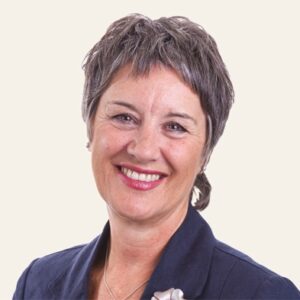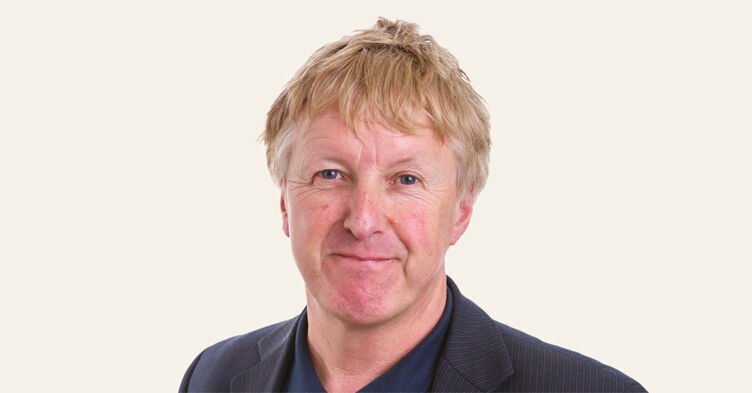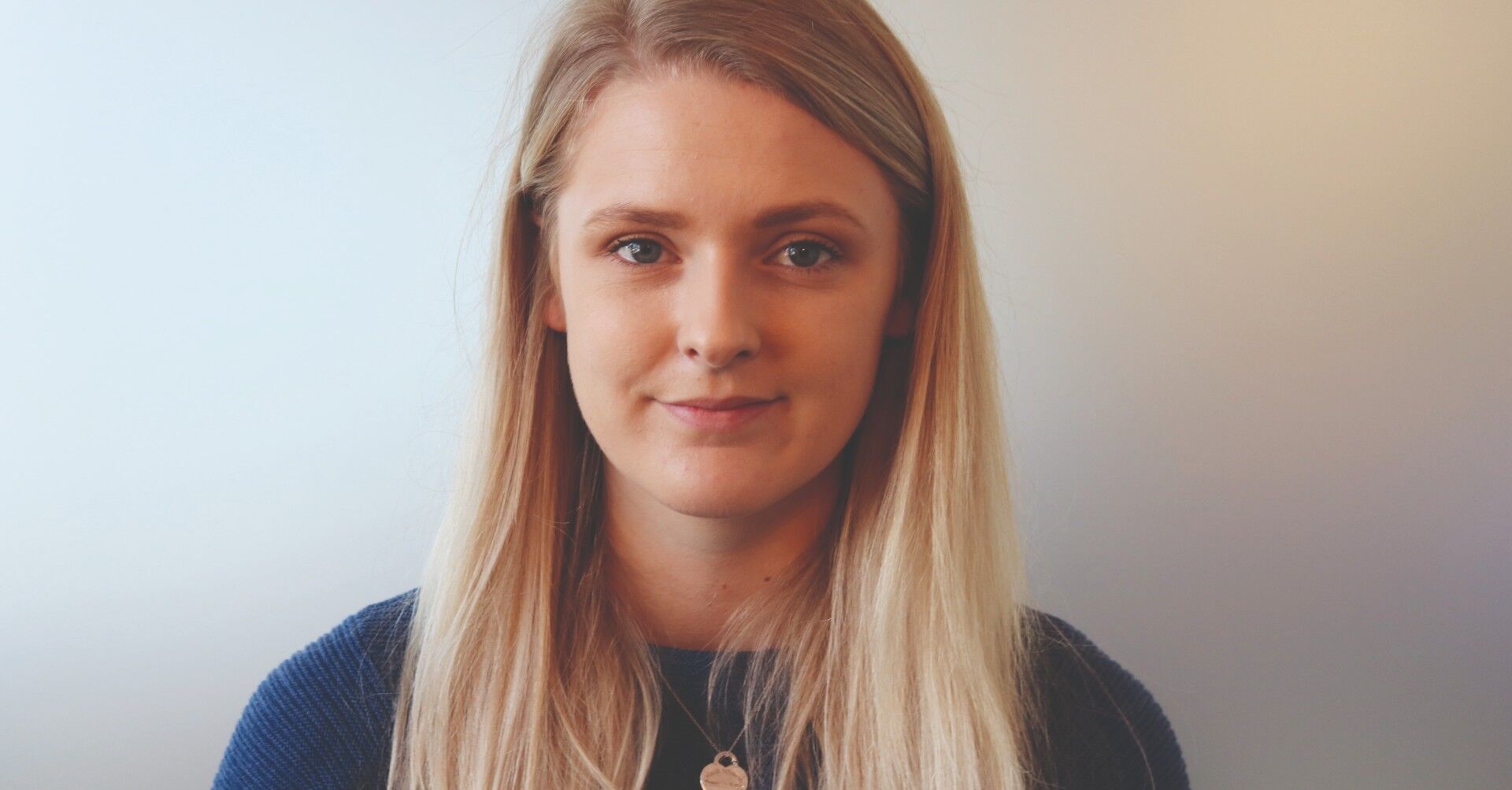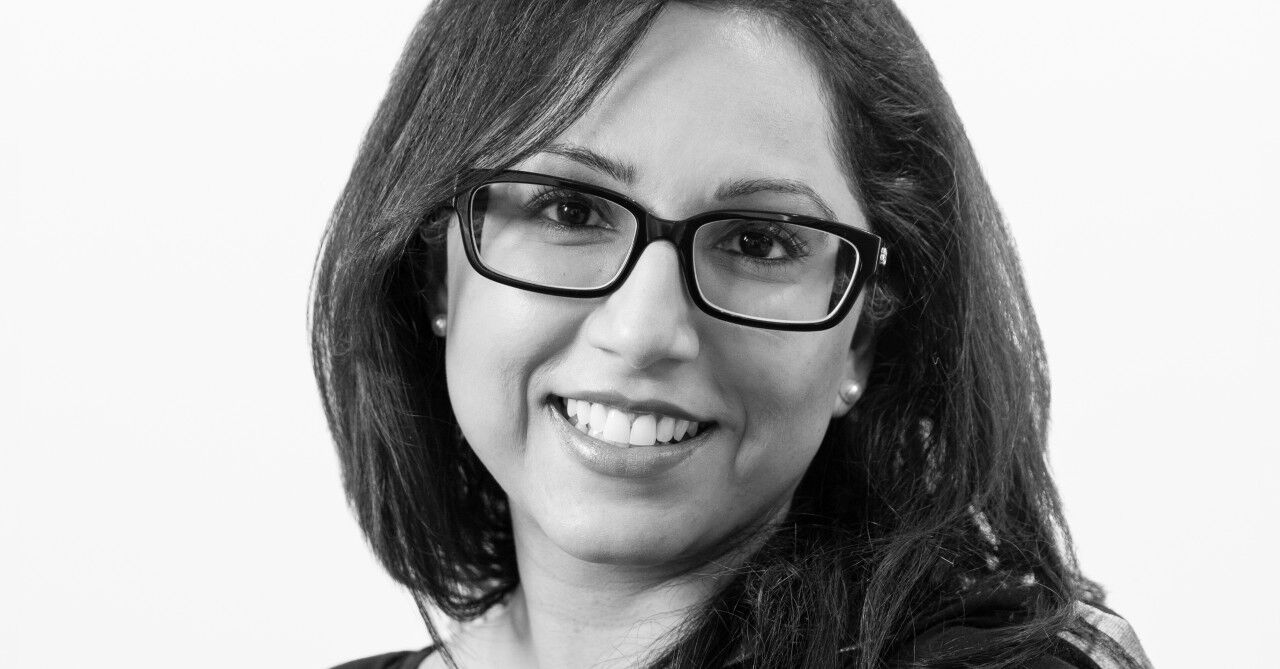Vaccinating over 20 million people against coronavirus has given the country a much-needed boost. Nurses have been the face of the programme and the backbone of the achievement. It has certainly raised our profile and value with a grateful public. But seemingly not so for the Government, which has created a storm with their suggestion of a 1% pay rise – the equivalent of £3.50 a week.
I understand the vaccination programme has been a challenge for the government trying to manage public demands and expectations, the science, the supplies and the media. But the NHS, and especially nursing, has helped soothe this turbulent time. A nurse is probably the first healthcare professional the public have seen face-to-face since lockdown. In patient vaccine consultations we have shared joys and anxieties, supplied explanations and reassurance whilst reinforcing the government ‘stay safe’ messages. We have had a key and influential role.
In these early weeks there has been a Dunkirk spirit about, with a grateful population accessing healthcare at its best, using cheerful volunteers working in some imaginative venues. The technology to access the skeleton patient records is fantastic, raising patient confidence in a joined-up NHS. Nurses have shown great imagination to maintain professional standards, displaying practical, flexible and humane solutions to deliver this programme. It is a challenge to preserve patient confidentiality during conversations in large echoing multi-station community halls, or to adapt a non-clinical environment to meet infection control standards or to manage the additional anxieties experienced by those with learning disabilities.
Nurses have certainly needed their experience and professionalism for the role. It frustrates and irritates me when it is suggested that anyone can give an injection; this rollout has identified it is not a simple jab. It is a holistic assessment that requires knowledge, clinical skills and judgements. In addition, nurses have needed attributes that brought calm and confidence in these confusing times.
This has been particularly true with those labelled ‘clinically extremely vulnerable’. Some of these patients have been directly invited for vaccination but did not consider themselves vulnerable and felt guilty, wanting to give up their vaccine to those they considered more in need. Others, who should have been categorised as clinically extremely vulnerable, were not. The definition has been put under scrutiny and nurses have had to face difficult conversations with patients whilst preserving confidence in the system.
Supporting patients who are bombarded with daily media reports of different vaccine efficacy, availability and changing ‘rules’ has been testing. As has offering reassurance when you are a recipient of the same media information. The vaccine passport has been a particularly consistent concern becoming louder as we vaccinate younger age groups. Nurses have listened, reassured and advised as best we could: as professionals, we will front the government ‘passport’ when it comes.
Nursing is vital to completing this vaccination programme and reinstating health services. We have played our part: we deserve better from this government to fairly and imaginatively reward all nurses. While we carry on vaccinating.




